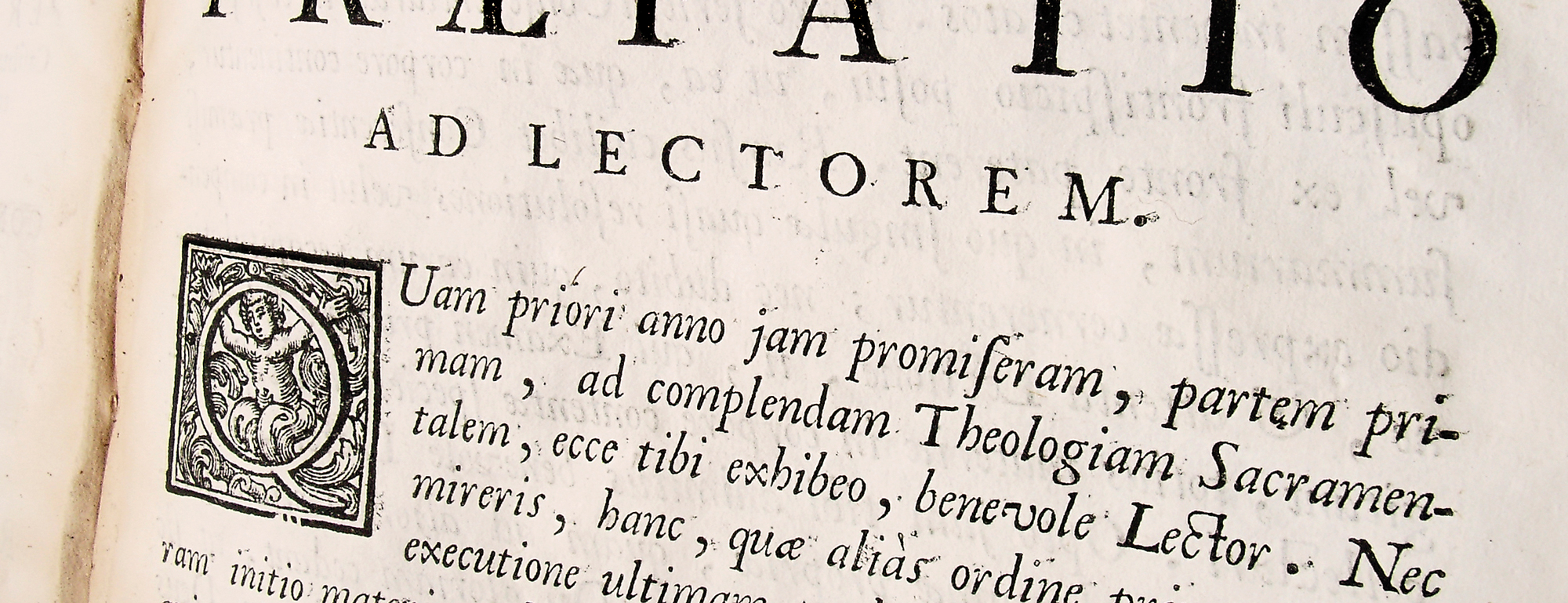by Annie Leach
Through the study of older, more complex languages, students understand our own language better. Grammar and vocabulary make sense in a way that they don’t simply through the study of English grammar and vocabulary. Students begin to understand what English words mean and understand what they once meant. They can gain something like a 360 degree view of a word as they trace from its origins to English.
Students of the classics understand nuance. While we can trust our translations of the Bible or ancient writers to be accurate, we can’t always appreciate the shades of meanings in words without experiencing them in the original works. Maybe you’ve heard someone say that Greek has 6-8 words that we translate as the one word ‘love’ in our language. Students of classical languages know that there are many Greek and Latin words with such shades of meaning. Thinking about how to translate words that don’t have a one-to-one correspondence in two different languages trains students to appreciate nuance and precision.
The rigor of studying Latin and Greek trains students to read, write, and think better. Students who struggle through a difficult Latin or Greek sentence understand how to carefully convey meaning through their own writing and how to thoughtfully understand meaning in their own language. The layer-upon-layer intricacy of Greek and Latin is similar to the complexity of advanced mathematics, physics, or computer science, yet students can begin to apprehend this complexity at an early age. Latin and Greek prepare students for advanced studies of all kinds and enable them to reason and think with complexity.
Study of Latin and Greek is not just language study, but is the study of history, culture, philosophy, etc. Christ was born in the time of Caesar Augustus, the first Roman emperor. The writers of the New Testament wrote in Greek and refer to Greek writers and beliefs of their day. Studying Greek and Latin gives us a window into the specific period of history in which Christ was on earth and his message was first spread.
Studying the language of those who have preceded us and who have thought so differently than we do expands our understanding of humanity and the world. We have inherited much of our language, architecture, government, art, and culture from the Greeks and Romans. Understanding their language more fully helps us understand our current day.
Latin and Greek are beautiful languages with treasures to reveal to students. We want students to find those treasures through reading Cicero, Caesar, Homer, the apostle Paul, and many more in their own words.

